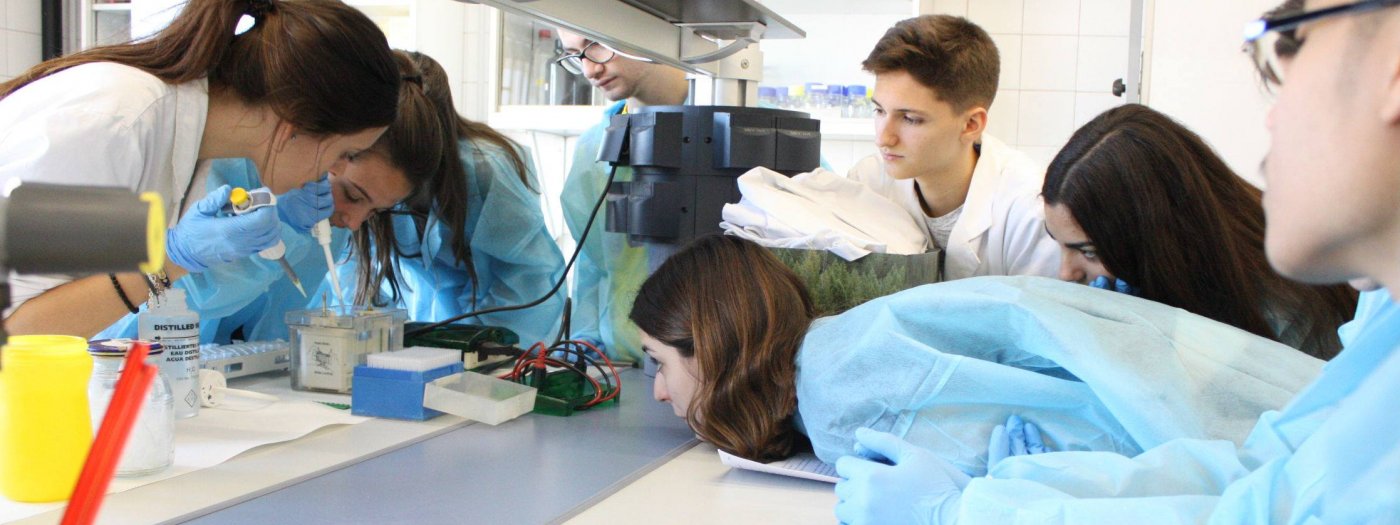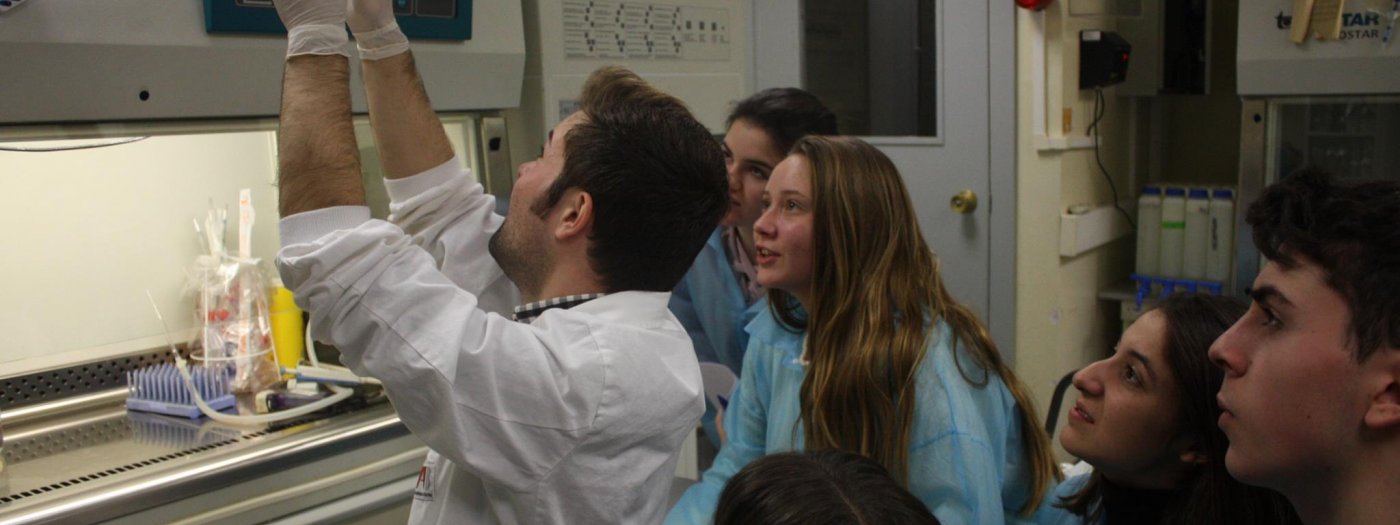The neurobiology of trauma: effects on behavior and brain function
From the whole population, almost 70% of adults will suffer a highly stressful experience at least once in their lives. Stress and trauma are everywhere around us affecting our body, our brain, and our emotions. Despite being considered something negative, stress is an important reaction of our body that allows us to face real-life challenges and threats in order to keep us alive. Researchers and doctors are very interested in studying the mechanisms that regulate the stress response because their dysfunction results in damaging consequences for our health may trigger the appearance of mental disorders. One example is Post-traumatic stress disorder (PTSD), a very common mental disorder that may appear in some vulnerable individuals after experiencing a highly stressful event. People living with this disorder have disabling symptoms related to a deficient detection and management of threats in the environment, they also have strong and recurrent memories about their traumatic experience and some of them present considerable changes in their behavior that keep them hyper-alert and ready to avoid any cue related to their trauma. Importantly, these disorders are much more common in women compared to men and scientists still don’t understand why this is happening. Our research group is interested in knowing which neurobiological factors are making women and females more vulnerable to the effects of trauma and this time we are inviting you to join us in this journey.
In this project, students will work hand in hand with neuroscientists that use animal models to understand how stress affects behavior and brain function. They will acquire competencies to observe and analyze different kinds of behavioral tests that evaluate the levels of anxiety, exploration, memory, and social interaction, among others. They will explore how sex hormones interact with stress and try to rescue these negative alterations of behavior by using different pharmacological approaches shortly after trauma. Additionally, they will be able to evaluate the expression of crucial biomarkers of stress using biomolecular techniques. Using immunodetection assays, brain structures will be explored at a neuronal level, trying to identify which areas are the ones affected by stress.
During this project, students will learn about the impact of stress on the brain and gain the ability to make their own future hypotheses. They will use state-of-the-art techniques widely used in Neuroscience and collaborate with scientists in their day-to-day. Also, they will acquire data processing and analysis skills which are crucial for any modern scientist. We expect students to be highly motivated to learn about brain function and how it processes stressors. With their work, they will contribute to the understanding of brain function and stress processing, specifically in females.
- Motivated by science and research
- Highly enthusiastic and collaborative
- Basic background in biology is recommended
- To study brain’s responses to an acute stressor
- To learn about several laboratory techniques, such as molecular biology and histology
- To analyze behavioral data
- To interpret the results
- Lab coat
- Personal laptop










